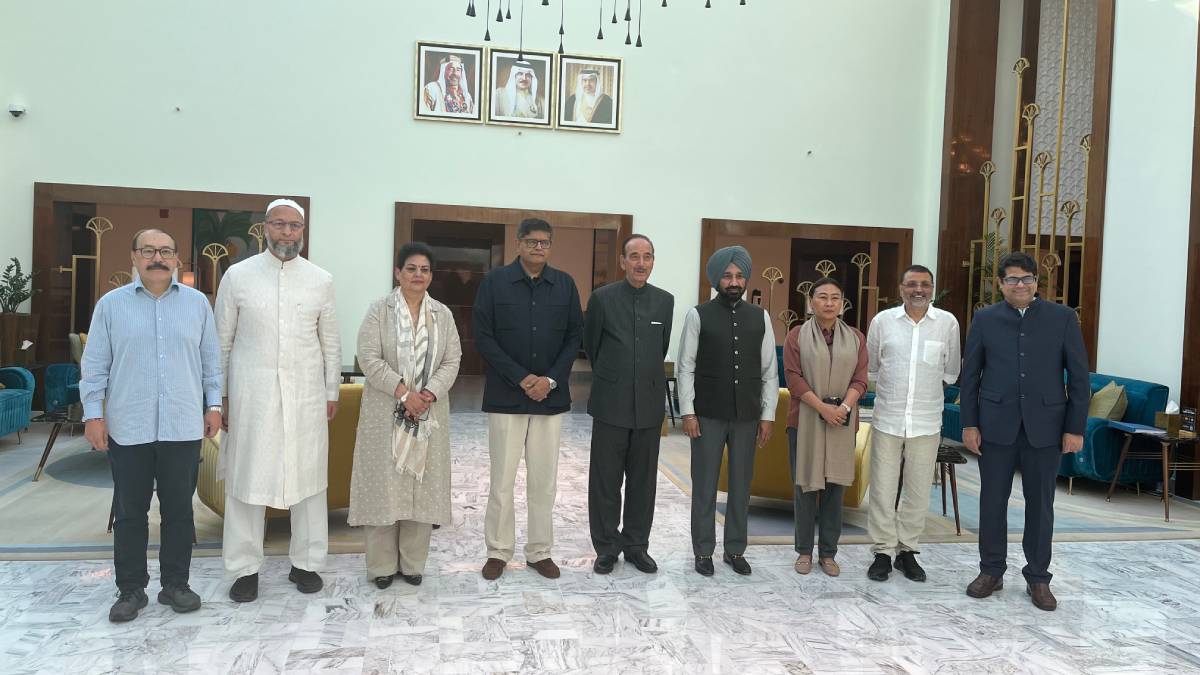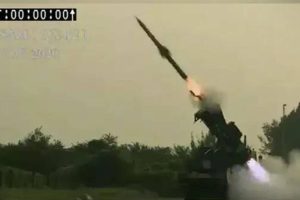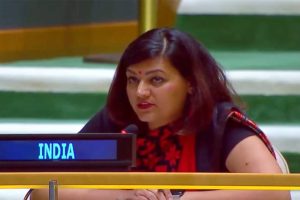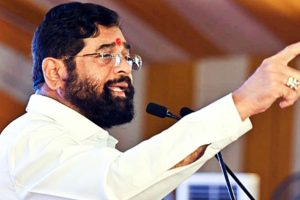During their diplomatic outreach in Bahrain, India’s all-party parliamentary delegation, led by BJP MP Baijayant Panda, firmly reiterated that dialogue with Pakistan cannot continue while terrorism persists. The delegation outlined India’s calibrated response to the April 22 Pahalgam terror attack and emphasized the need for global unity in confronting terrorism emanating from Pakistan.
Speaking at an interaction in Bahrain, Panda said India had made numerous peace overtures in the past, including high-level visits and cultural exchanges, but these were repeatedly met with betrayal. “We’ve tried talks, peace initiatives, even our Prime Ministers have taken buses across the border. Nothing has worked. Our doctrine now is clear—we will retaliate. Our response was measured and non-escalatory until Pakistan chose to escalate,” he stated.
Emphasizing India’s red line, Panda declared, “Talks and terrorism cannot go on at the same time. Blood and water cannot flow together. We want peace, but unless Pakistan dismantles its terror infrastructure and acts against terrorists, friendly steps from India cannot be expected.”
Former Foreign Secretary Harsh Vardhan Shringla highlighted the precision and intent behind India’s recent military response. “Our strikes targeted terrorist infrastructure inside Pakistan, not civilians. The operations were calibrated with minimal collateral damage. This was a clear message—India’s fight is against terrorism, not any nation’s people,” he said.
Shringla also praised India’s indigenous defence capabilities, noting that more than 800 projectiles launched by Pakistan were intercepted with advanced systems like Akash. “This response is a testament to the success of the ‘Make in India’ initiative in defence manufacturing,” he added.
He further called for international solidarity. “Pakistan is not just India’s problem—it is the global epicentre of terrorism. From 9/11 to the London bombings, the world has suffered due to this threat. A unified global approach is essential,” Shringla urged.
BJP MP Nishikant Dubey also highlighted growing global pressure on Pakistan. Citing recent developments, he mentioned the International Monetary Fund (IMF)’s imposition of 11 additional conditions on Pakistan as part of its bailout program. “Even the IMF is now insisting that funds not be diverted from intended uses. The world is waking up,” Dubey said.
These new IMF conditions include implementing agriculture income tax laws, publishing a governance action plan, and formulating a post-2027 financial strategy—moves that signal increasing scrutiny of Pakistan’s internal governance and fund allocation.
Echoing PM Narendra Modi’s firm position, BJP MP Rekha Sharma reiterated that “terror and talks cannot coexist,” reinforcing the unified stance of the Indian delegation.
The all-party delegation, comprising MPs from across the political spectrum—including Nishikant Dubey, Phangnon Konyak, Rekha Sharma, Asaduddin Owaisi, Satnam Singh Sandhu, Ghulam Nabi Azad, and former envoy Harsh Shringla—is on a diplomatic tour of Saudi Arabia, Kuwait, Bahrain, and Algeria. Their mission: to expose cross-border terrorism, highlight India’s zero-tolerance policy, and garner international support following the Pahalgam terror attack.





